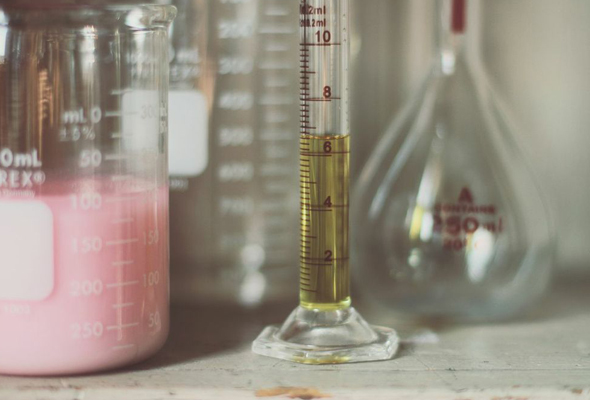Sports and energy drinks both contain ingredients usually best avoided in children…large amounts of sugar and high doses of caffeine. The American Academy of Pediatrics says they aren’t a good idea for most kids.
Sports drinks (Gatorade, etc) contain carbohydrates and electrolytes and some throw in vitamins and minerals. They’re marketed for hydration in people who exercise.
We don’t ordinarily recommend sports drinks for rehydration in kids who play sports. Plain water is still best for all except extreme circumstances. The extra sugar intake increases the risk of obesity and tooth decay…and kids usually get enough vitamins and minerals from other sources.
Energy drinks (Monster Energy, etc) rely on large doses of stimulants such as caffeine and guarana to increase alertness…but they can also contain carbohydrates, vitamins, and certain amino acids.
Encourage kids to avoid energy drinks altogether. Caffeine’s effects on performance in adults are extremely variable…and its effect on performance in kids has never been studied.
Energy drinks often contain too much caffeine for kids…a can of Red Bull contains 77 mg of caffeine, a bottle of 5-Hour Energy 100 mg, and some cans of Rockstar contain over 300 mg. This amount of caffeine can cause elevated heart rate, restlessness, worsen anxiety, make sleeping difficult, and trigger arrhythmias. Plus kids can get caffeine from other sources…soft drinks, coffee, etc.
We recommend limiting daily caffeine intake to 45 mg for children between 4 and 6 years… 62.5 mg for children between 7 and 9 years…and 85 mg for children between 10 and 12 years old. For kids 13 years and older suggest a limit of 2.5 mg/kg/day.
Older kids may think they need energy drinks to replenish their muscles. Amino acids can help muscles recover after exercise…but most kids get all the protein they need from their diet. Explain that low-fat milk will do the trick if they feel like they need a boost after vigorous exercise.
Ask our pharmacists for more information.
Francis Al. Rubino, PharmD

